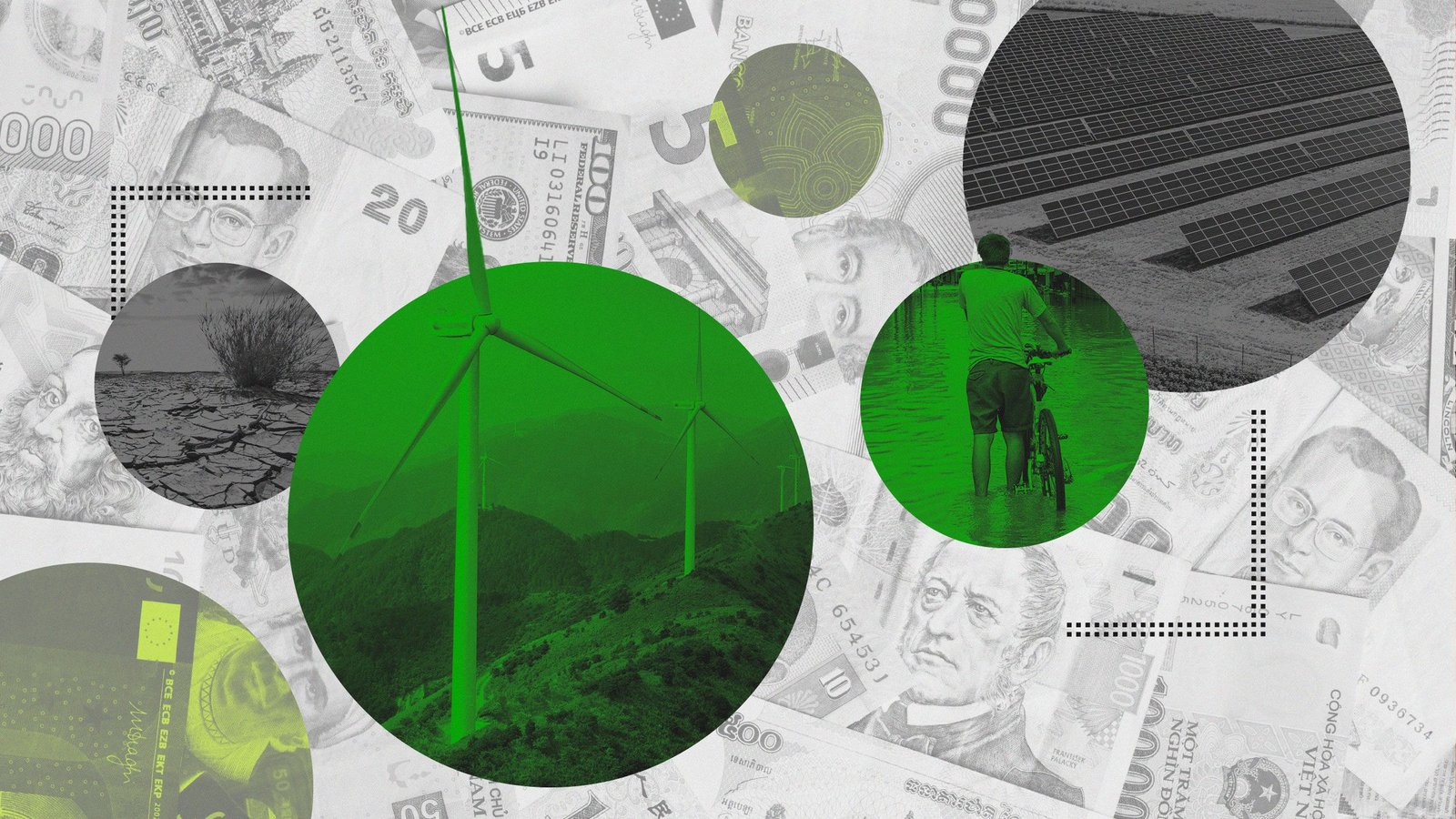
Sharm El Sheikh, Nov 15, 2022 (PR) - In an important injection of support to countries facing the worst effects of climate change, seven donor governments pledged new funding for the Least Developed Countries Fund (LDCF) and Special Climate Change Fund (SCCF) during the COP27 climate summit and several others backed the funds’ ambitious goals for meeting the most urgent adaptation needs.
Announcing a total of $105.6 million in new funding, Denmark, Finland, Germany, Ireland, Slovenia, Sweden, Switzerland, and the Walloon Region of Belgium, stressed the need for even more support for the Global Environment Facility funds targeting the immediate climate adaptation needs of low-lying and low-income states.
Additionally, countries including Belgium, Canada, France, and the United States, as well the European Commission, signaled political support for the two funds, and some expressed an intention to contribute further in the coming months. Several welcomed the SCCF’s dedicated focus on Small Island Developing States as a key avenue of climate finance that is otherwise lacking.
Please see the donor governments’ joint statement for amounts pledged by country.
LDCF and SCCF recipient countries welcomed the new support and called on other countries to also step up their financing as soon as possible.
“Small Island Developing States cannot afford to wait when it comes to building climate resilience and dealing with extremes. We are highly appreciative that the GEF’s Special Climate Change Fund has a new funding window focused on supporting the unique adaptation needs of SIDS,” said Conrod C. Hunte of the Mission of Antigua and Barbuda to the United Nations, who is Lead Negotiator of the Alliance of Small Island States (AOSIS). “We also welcome the strong political support from donors for the SCCF, but this needs to be translated into real funding commitments without delay.”
The new pledges add to $413 million that 12 donor countries pledged to the LDCF at COP26 in Glasgow last year. Delivering the promises of the Paris Climate Agreement, including providing adaptation finance for those who most need it, is a major topic of discussion at the COP27 summit in Egypt.
“I am encouraged by these specific pledges announced today and especially by the signals of political support we are hearing for the adaptation priorities of Small Island Developing States and Least Developed Countries,” said Carlos Manuel Rodriguez, CEO and Chairperson of the Global Environment Facility, which manages the LDCF and SCCF. “The GEF is committed to enabling these highly climate-vulnerable countries plan for a safe and sustainable future even in crisis conditions. The LDCF and SCCF are designed to do just that, and this new funding will help ensure climate finance gets to where it is most needed first.”
“Adaptation funding for the poorest and most vulnerable nations is not an expense, it is an investment in the safety and well-being of millions of people,” said Simon Stiell, Executive Secretary of UN Climate Change. “I am heartened by these contributions, which send an important signal that leading governments recognize the urgency of dealing with the climate crisis and the importance of supporting countries on the front lines of climate change.”
The LDCF is the only dedicated source of climate adaptation finance for the 46 Least Developed Countries, which have generated the least carbon emissions yet face some of the highest risks from a warming planet. The SCCF finances innovative approaches to scaling up climate adaptation in developing countries, including through technology transfer. It has a special funding window for Small Island Developing States seeking support.
Earlier this year, the GEF’s member countries endorsed a new strategy for both funds so they can provide more targeted, dedicated support for climate-vulnerable countries as they work to build a more resilient future and implement their National Adaptation Plans. The GEF programming strategy for the next four years anticipates that the LDCF will provide between $1 billion and $1.3 billion for Least Developed Countries, and that the SCCF will provide between $200 million to $400 million for Small Island Developing States and other climate-vulnerable developing states.
"The United States has long been a supporter of the GEF. We welcome the new programming strategy on adaptation to climate change for the LDCF and SCCF. We are especially pleased to see the SCCF's focus on small island developing states and its plans to grow private sector investment in adaptation. The time is now to invest in adaptation and build resilience for the future we want." said Monica Medina, Assistant US Secretary of State for Oceans and International Environmental and Scientific Affairs.



